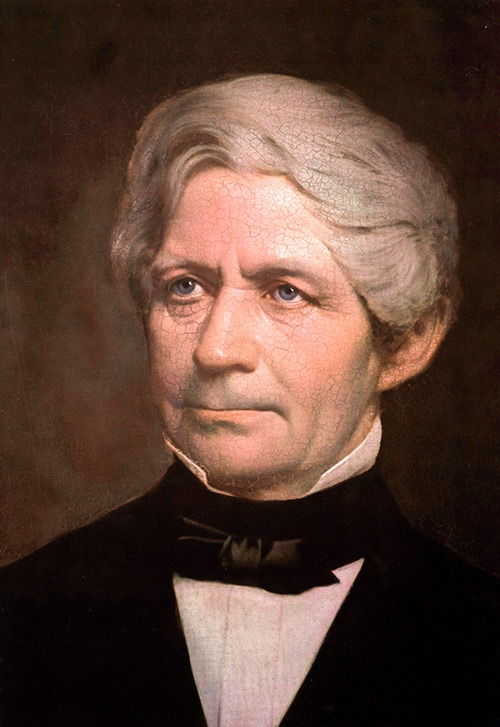
Today’s Leader of Faith
JOHANN HINRICH WICHERN
Home Call : 07 April 1881
Founder of Inner Mission, Theologian, Social Reformer, Educator, Adviser
Johann Hinrich Wichern (1808–1881) was a German theologian and social reformer known for his pioneering work in inner mission and social welfare. He founded the Rauhes Haus in Hamburg in 1833, a home for neglected and orphaned boys, which became a model for Christian social work. He also played a key role in prison reform and the rehabilitation of prisoners through faith-based initiatives. He trained “brothers” to educate and discipline them while aiding the poor. He established hostels across Germany, promoting a Christian refuge free from alcohol and gambling. Advocating Christian voluntarism, he sought to bridge social divides, especially after the 1848 Revolution. He is also credited with inventing the Advent wreath in 1839 and founded the periodical Fliegende Blätter des Rauhen Hauses in 1844. King Friedrich Wilhelm IV appointed him to advise on social and prison reforms. His influence extended to the development of the Inner Mission (Home Mission) movement within German Protestantism, emphasizing Christian charity and practical social work. His efforts laid the foundation for modern Christian social services in Germany and beyond.
Wichern was born on April 21, 1808, in Hamburg, Germany. He grew up in a poor family with seven siblings. His father was a notary who passed away when he was just 15 years old. This forced him to take on responsibilities early in life, helping support his family while continuing his education. He became headteacher of a Sunday school in St. Georg, Hamburg which proved very successful. His early experiences with poverty and hardship shaped his deep concern for the poor, leading him to devote his life to social reform and Christian charity.
Wichern is credited with popularizing the Advent wreath, which he originally used to help children count down the days to Christmas. Through his efforts, the Protestant Synod at Wittenberg in 1848 established a central committee for home missions. In 1851, the Prussian government appointed him as inspector of prisons and houses of correction, and in 1858, he became a member of the Supreme Ecclesiastical Council, the governing body of the Evangelical State Church in Prussia.
Wichern passed away in Hamburg, Germany, just a few weeks before his 73rd birthday. His lifelong dedication to social reform and Christian charity left a lasting impact on Germany and the wider Christian world. Several churches, schools, assisted-living facilities (Wichernhaus), church ships, and streets in Germany bear Johann Hinrich Wichern’s name. He was honoured on two postage stamps and is commemorated in the Lutheran calendar of names on April 7.
